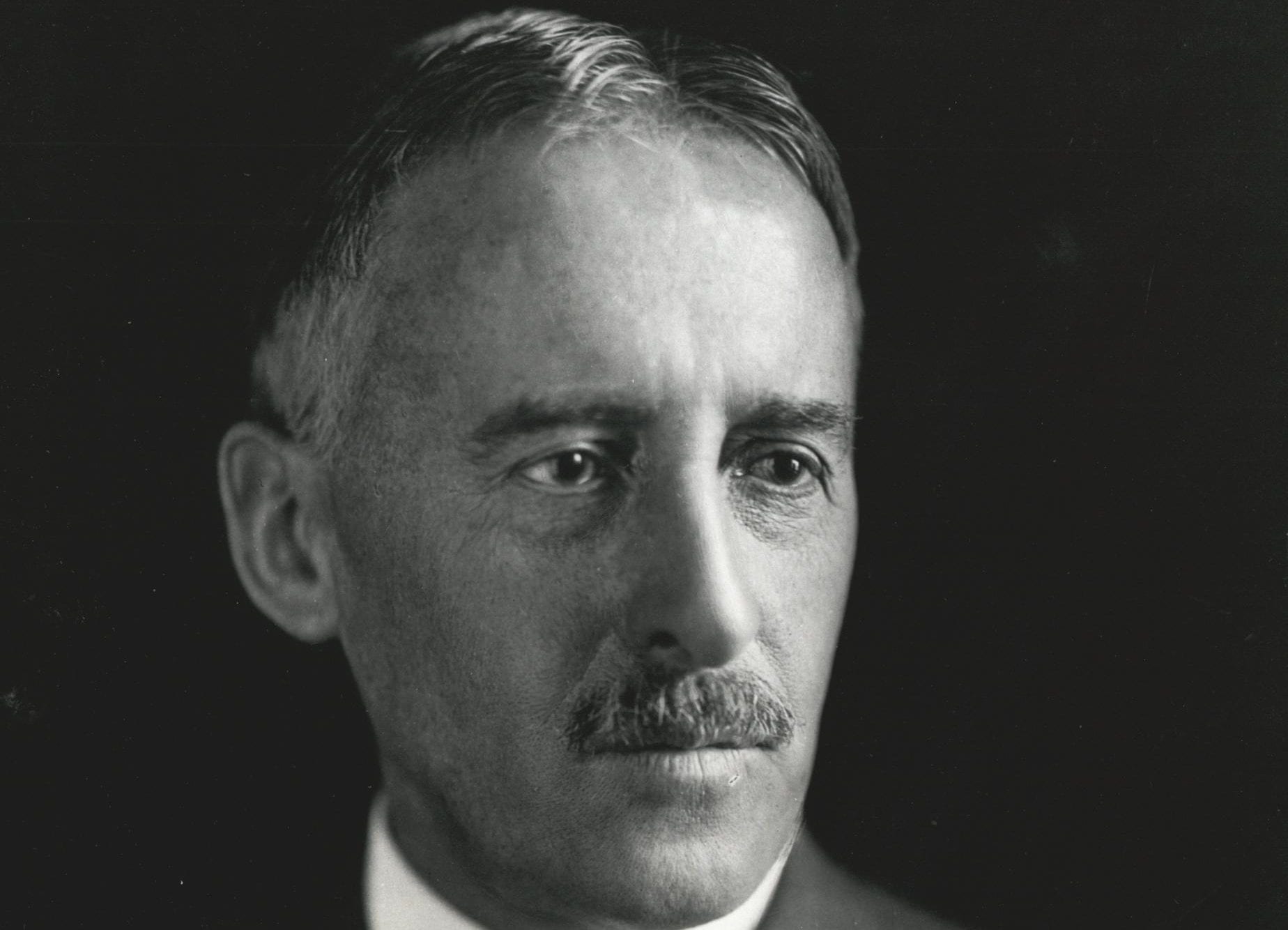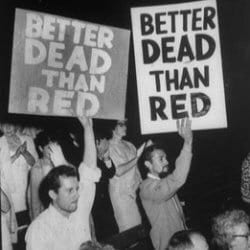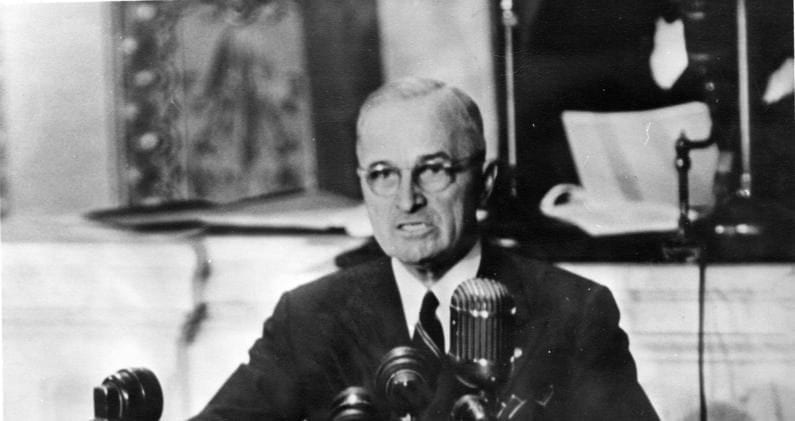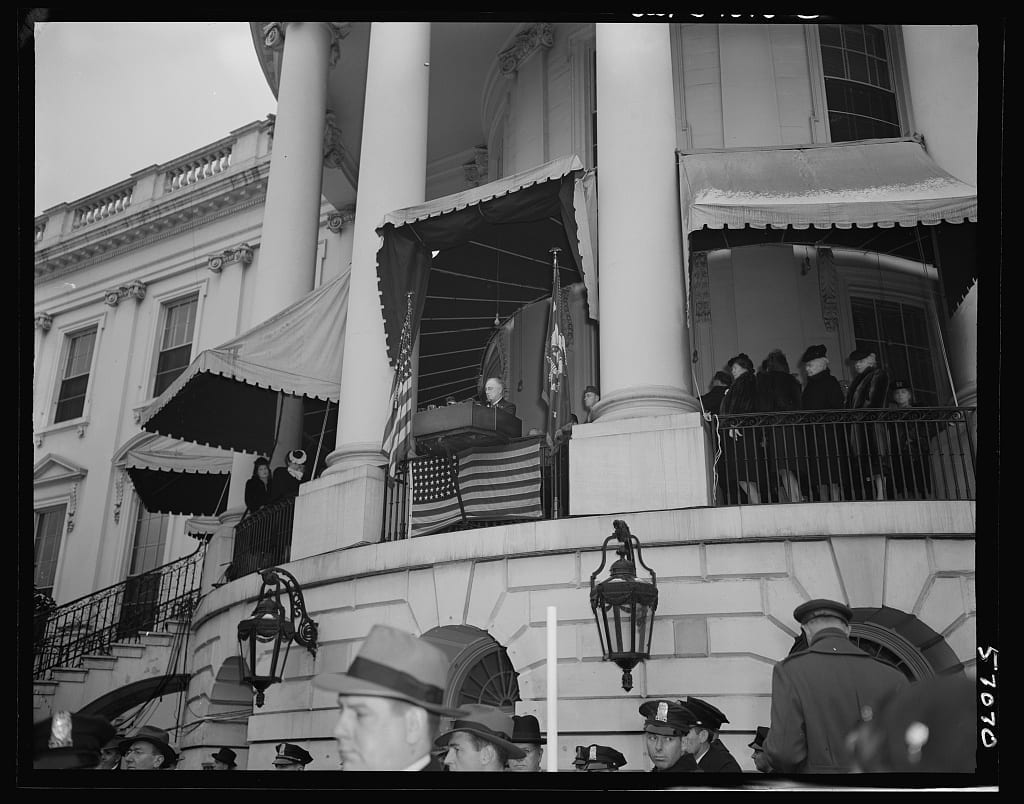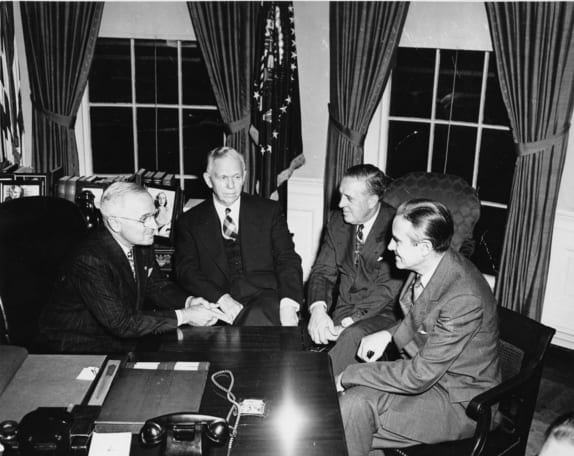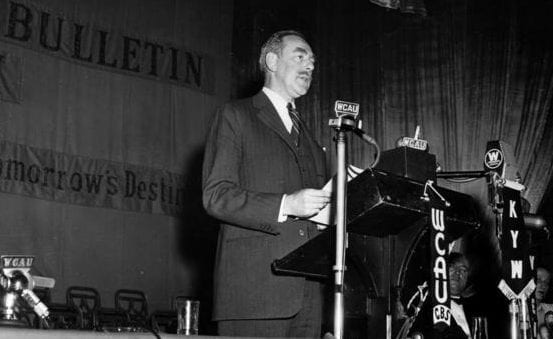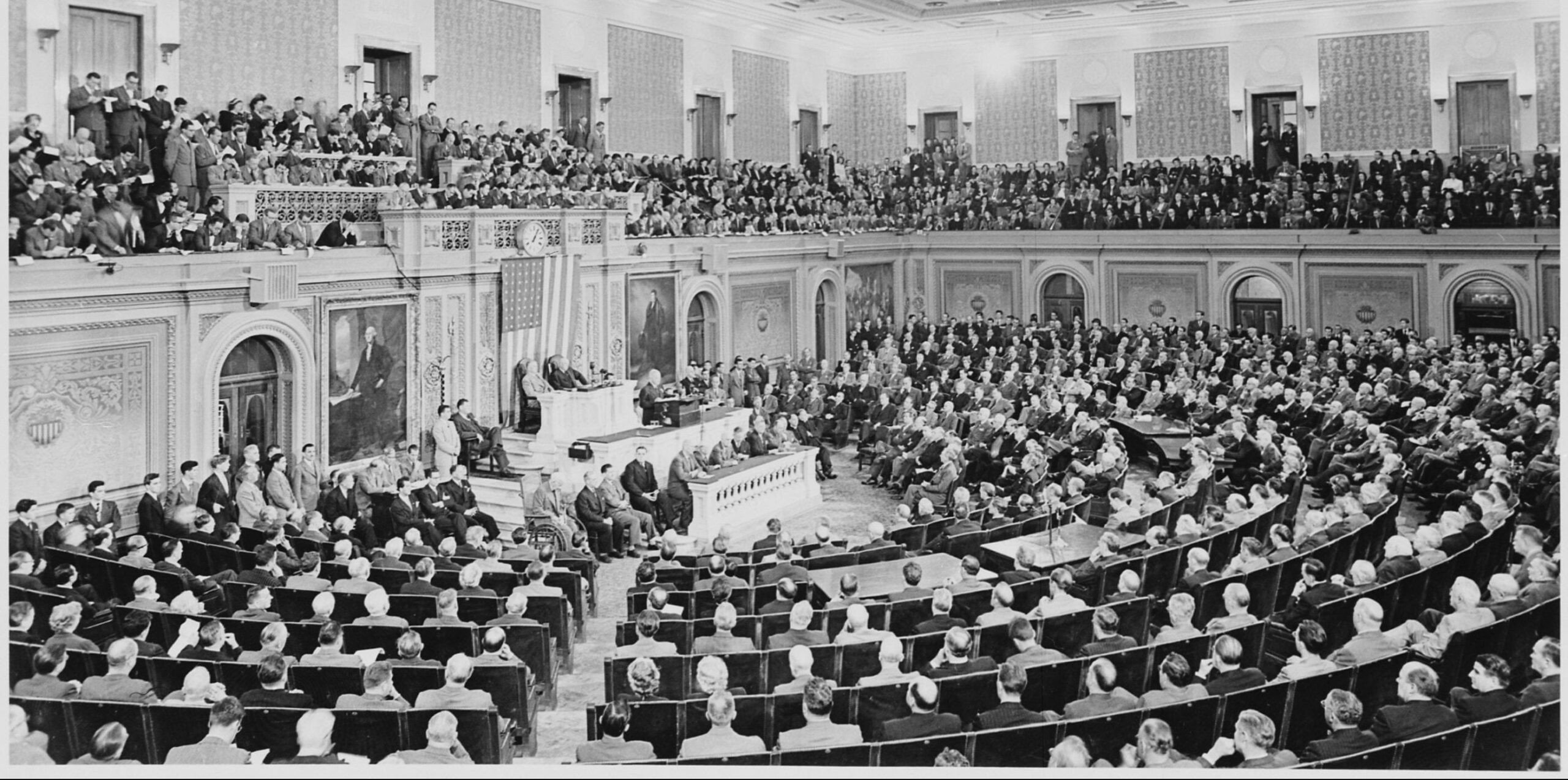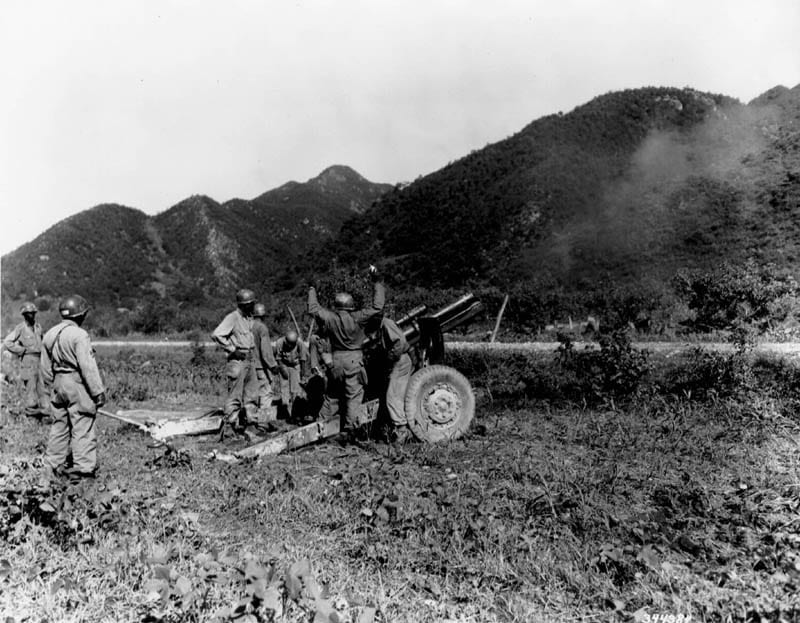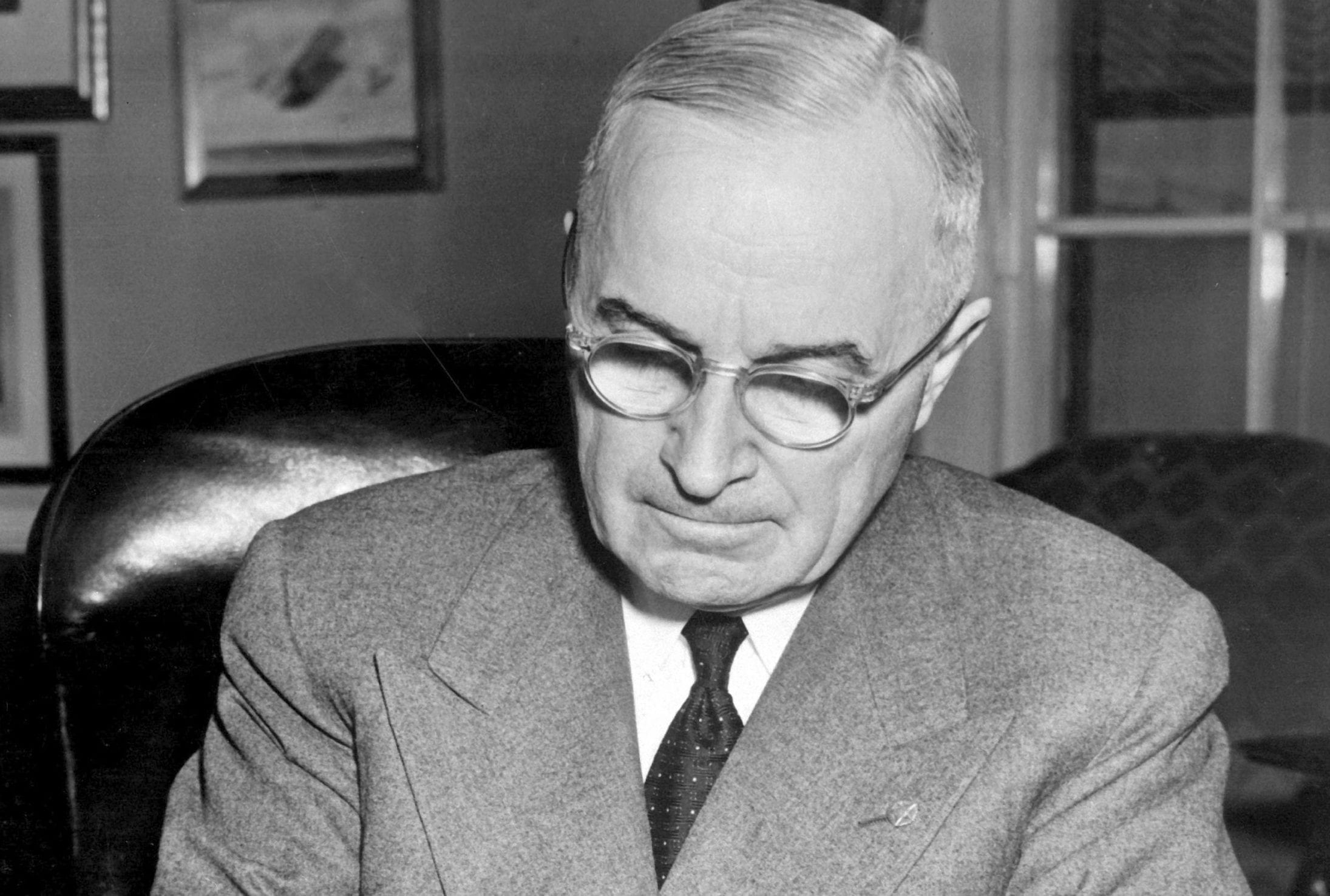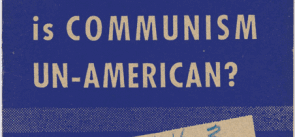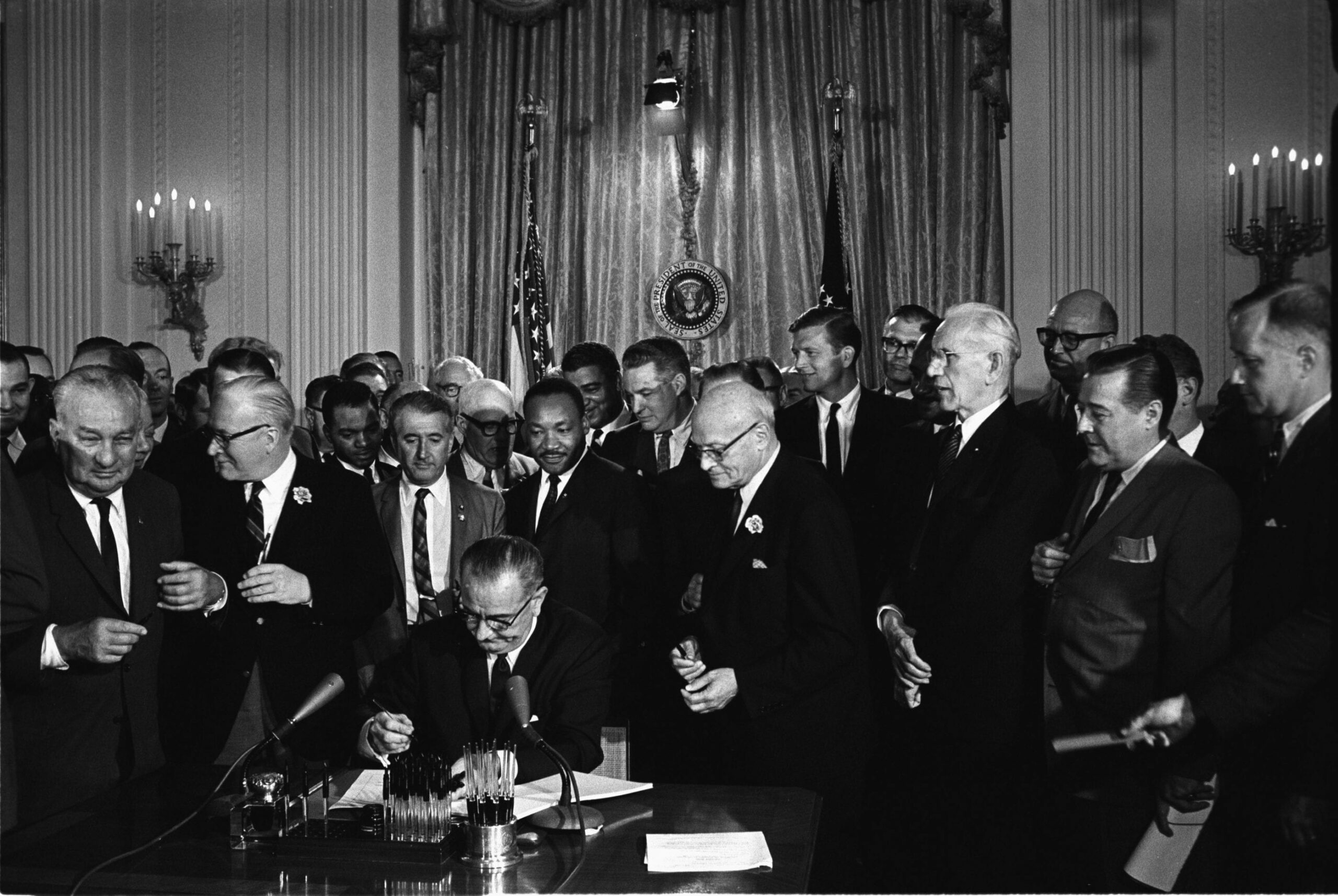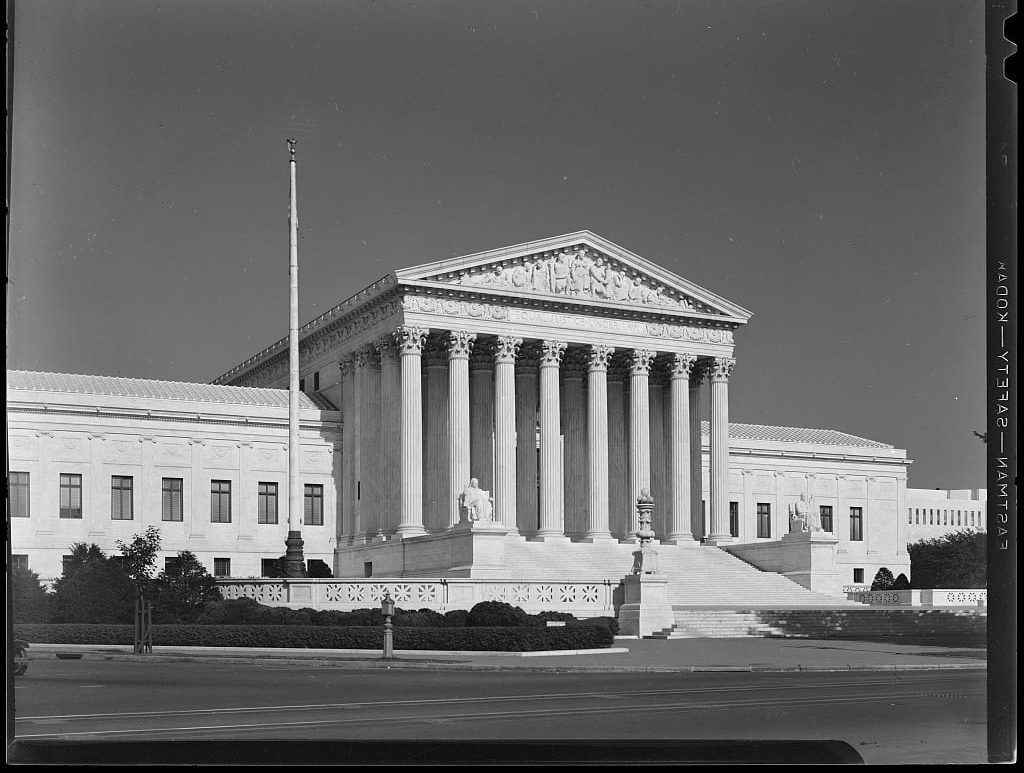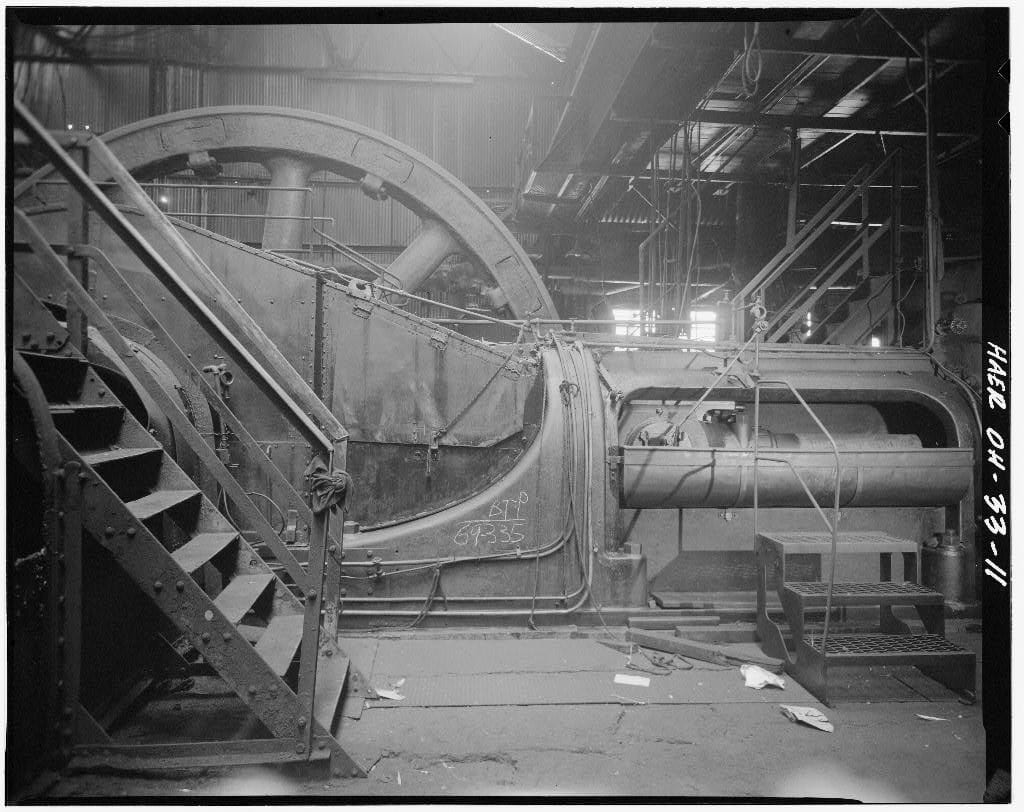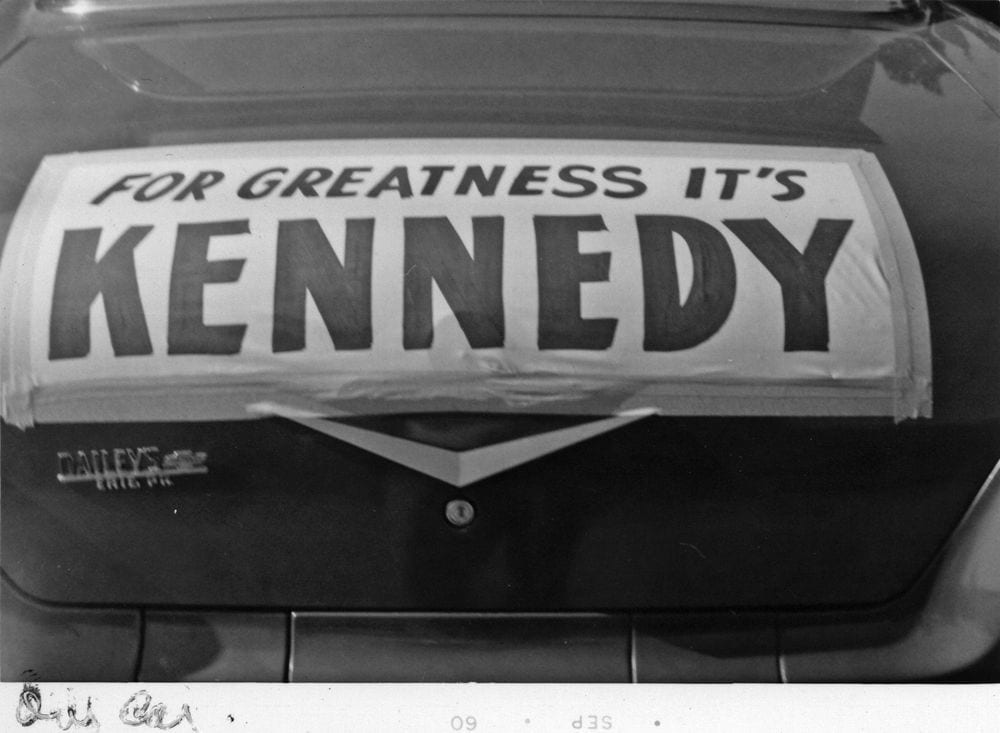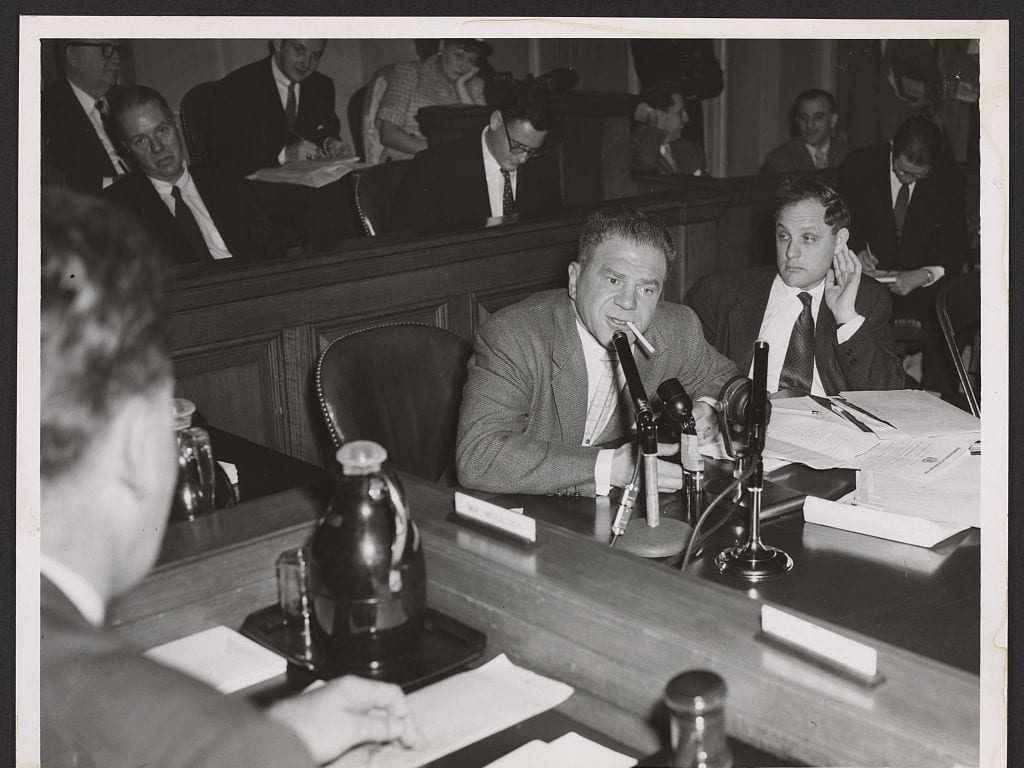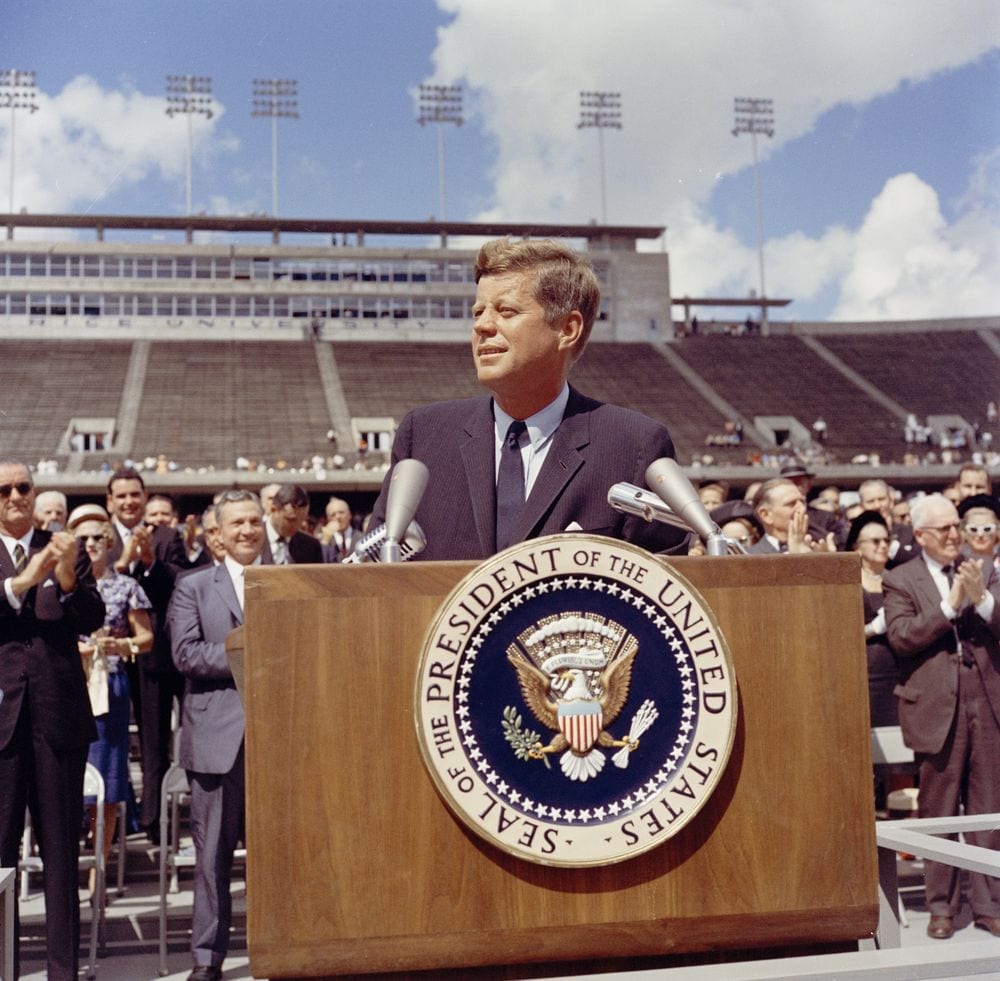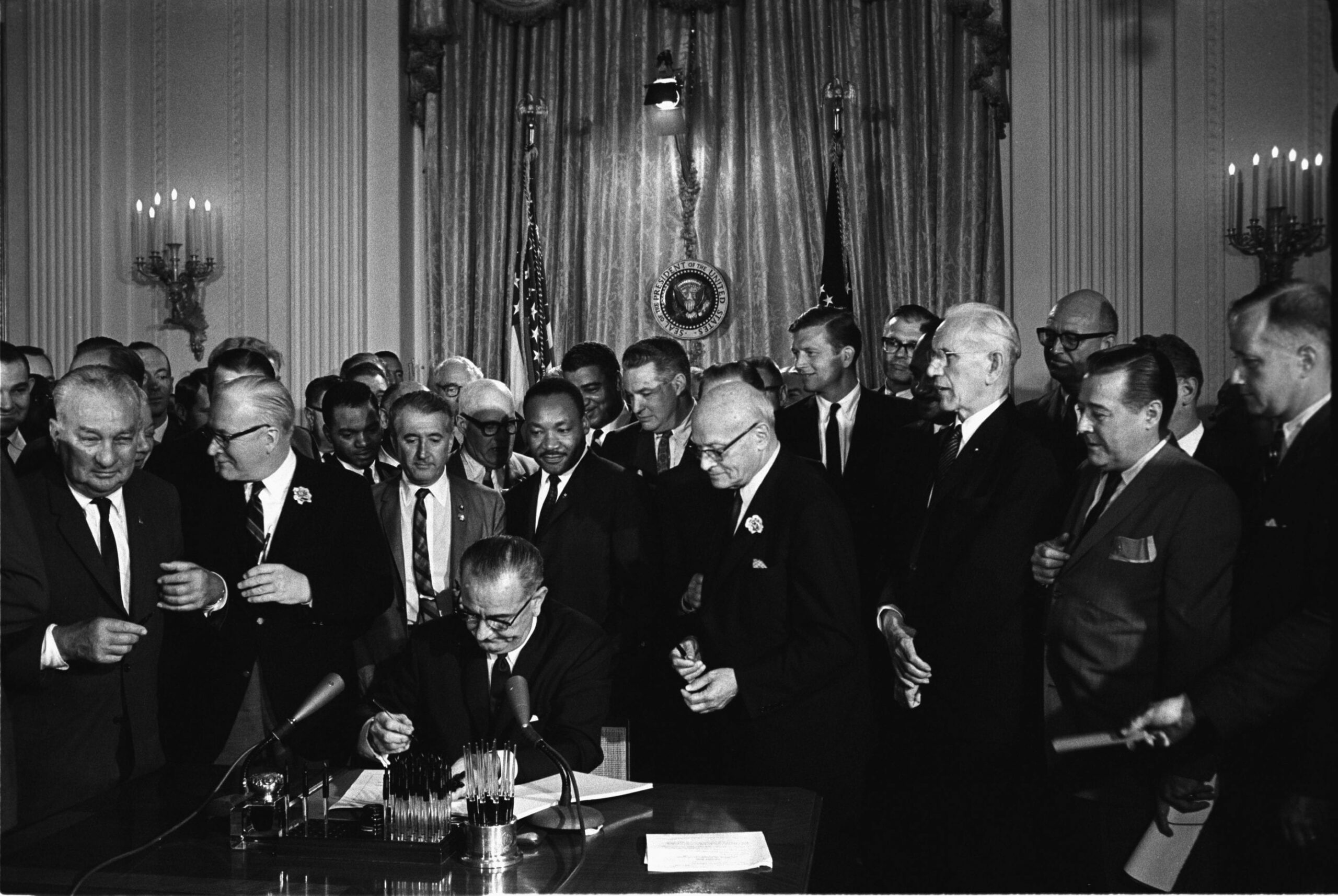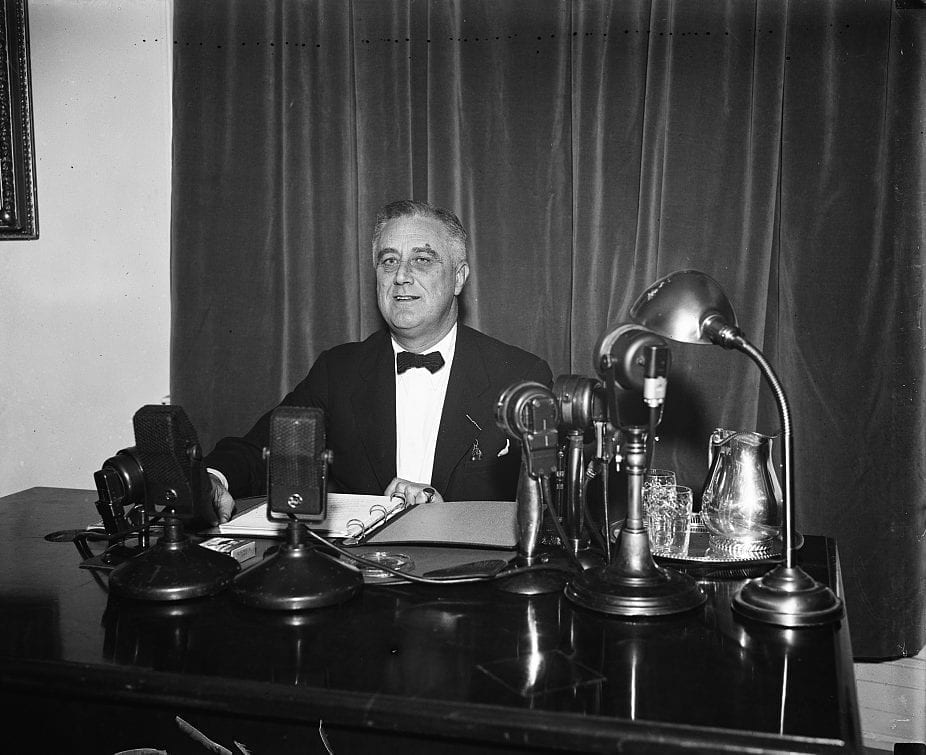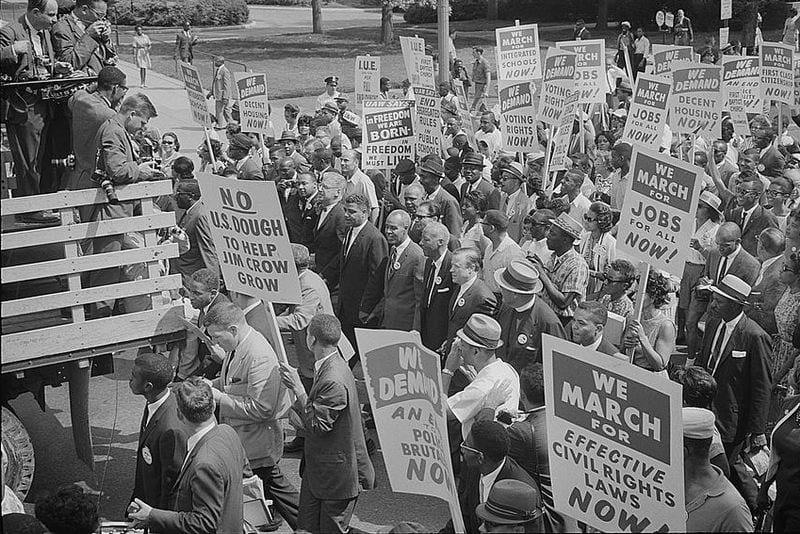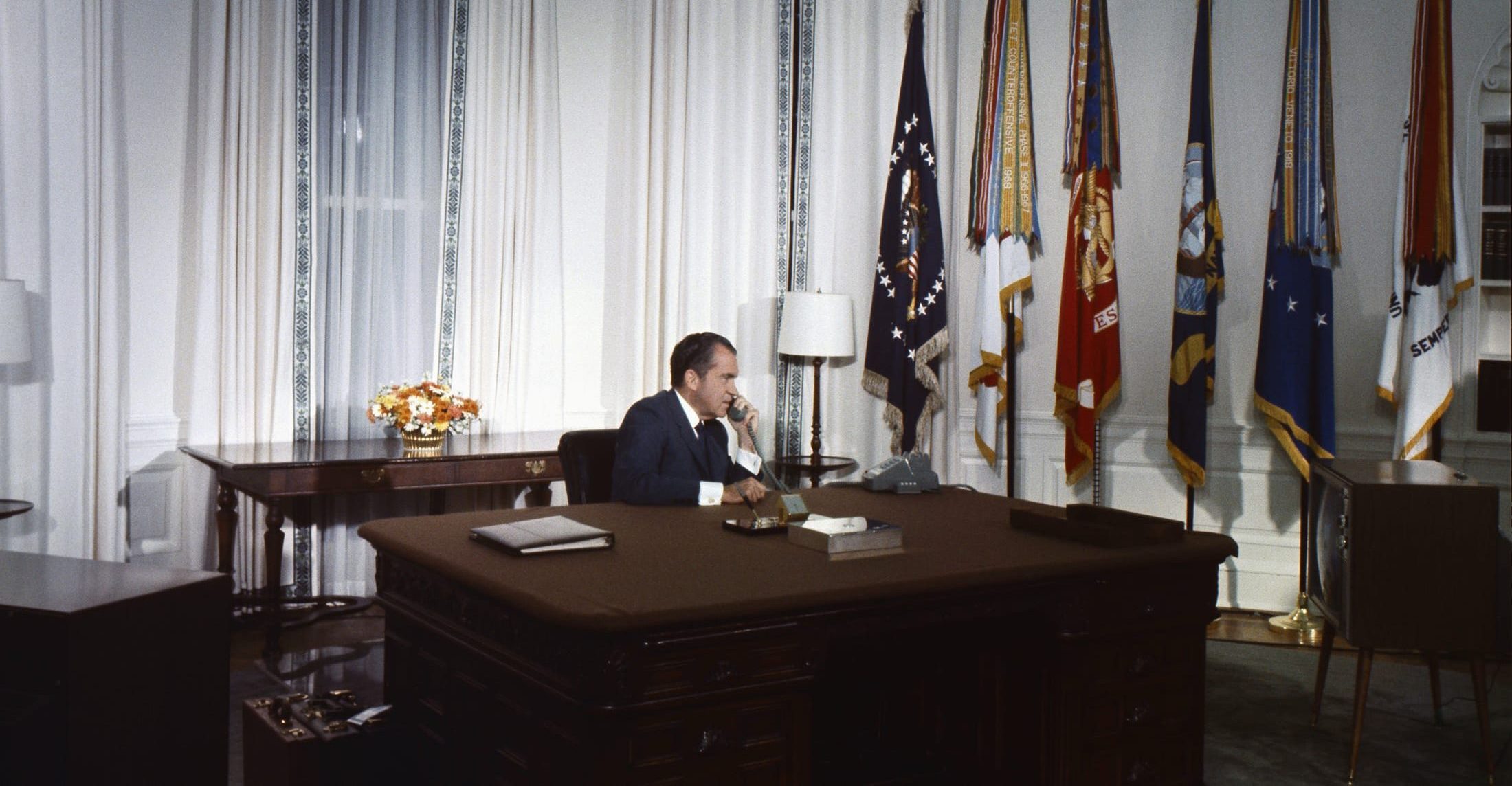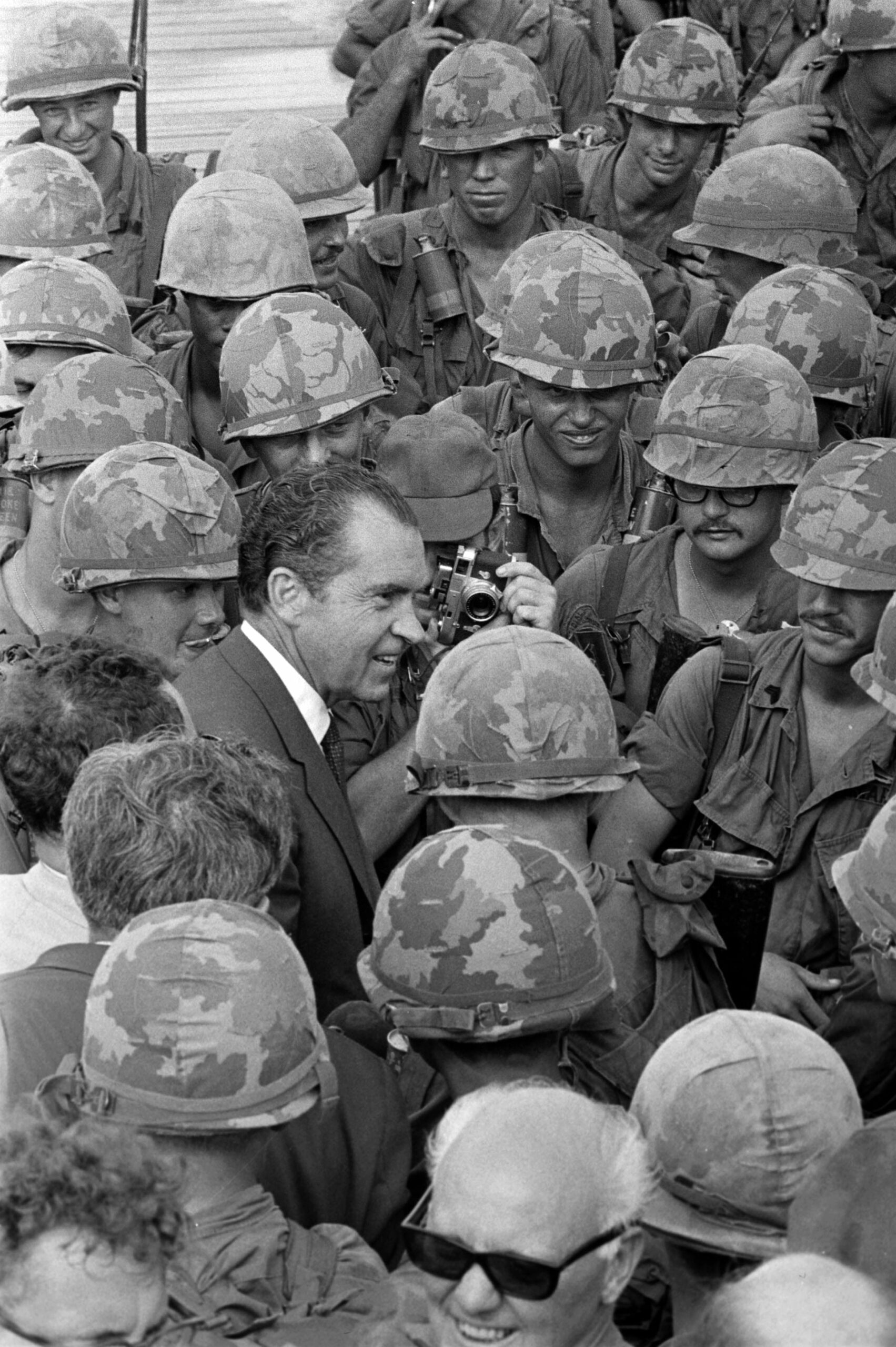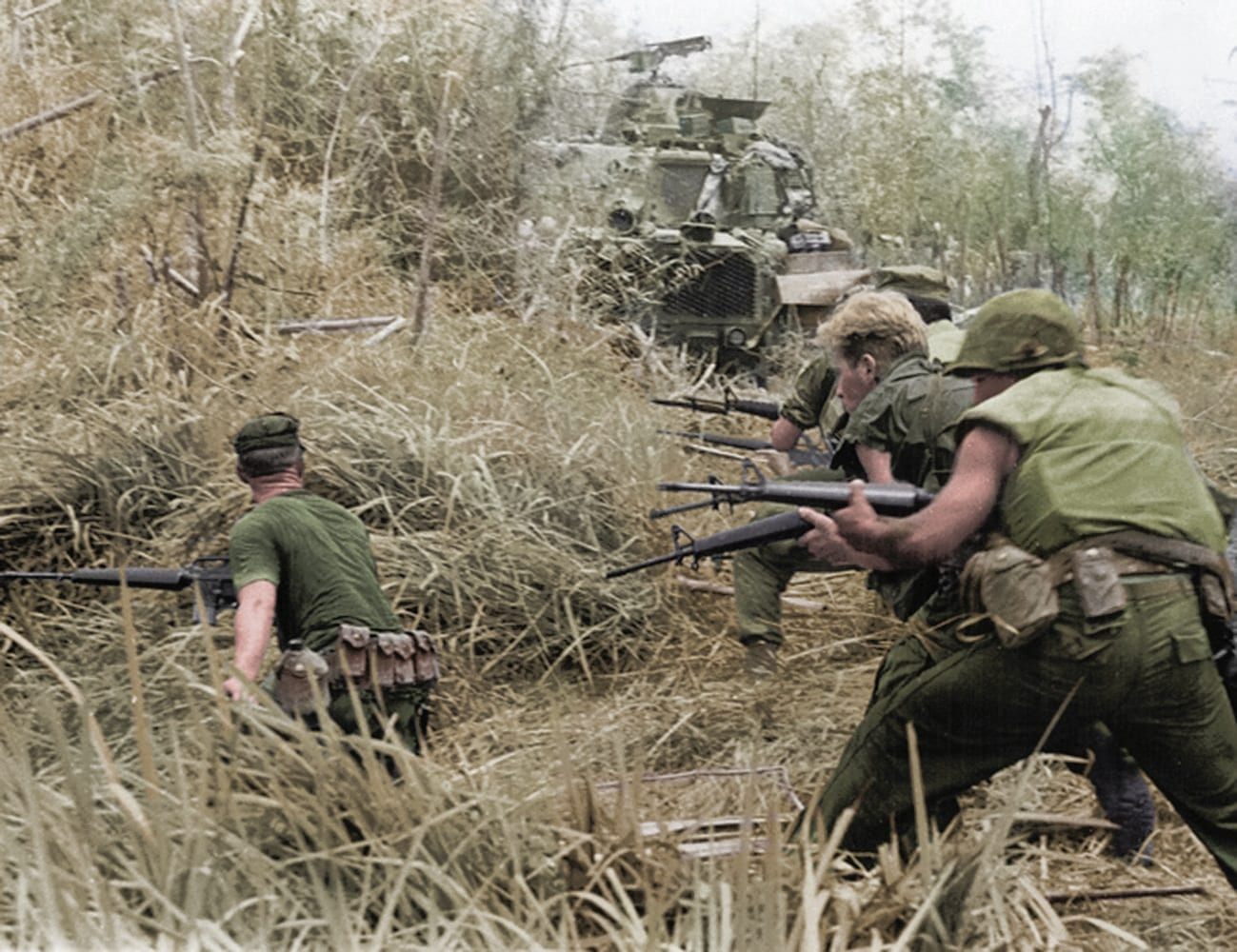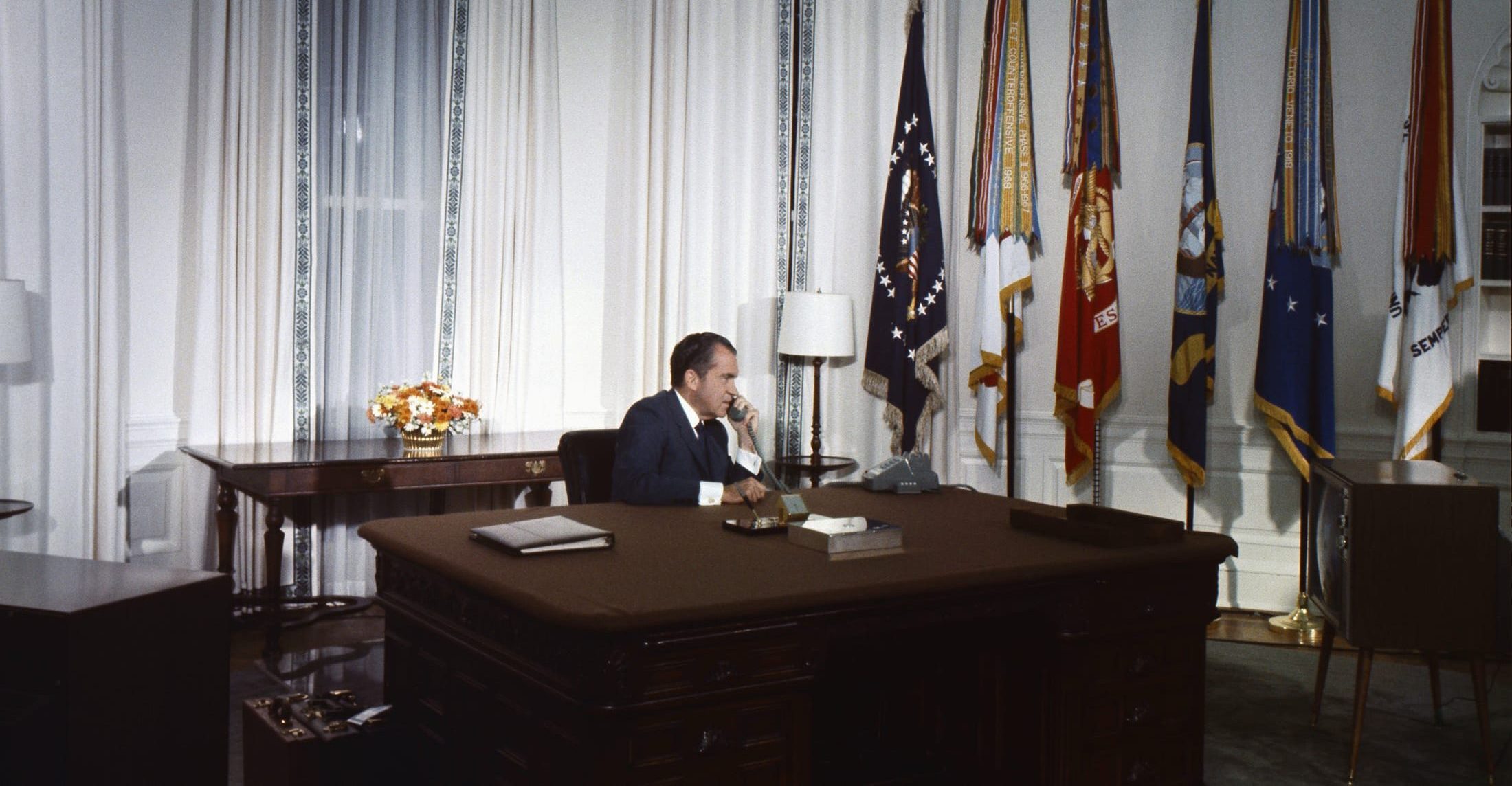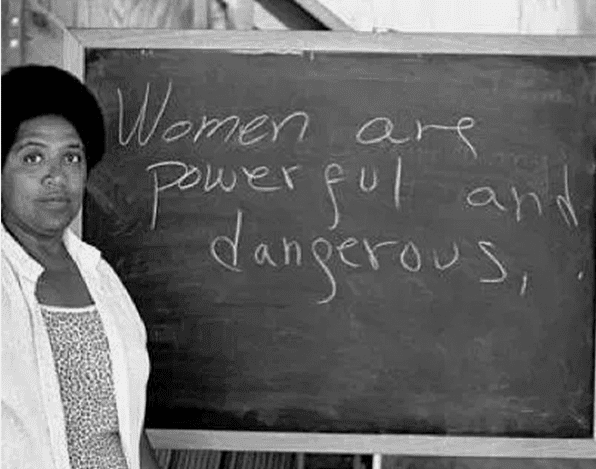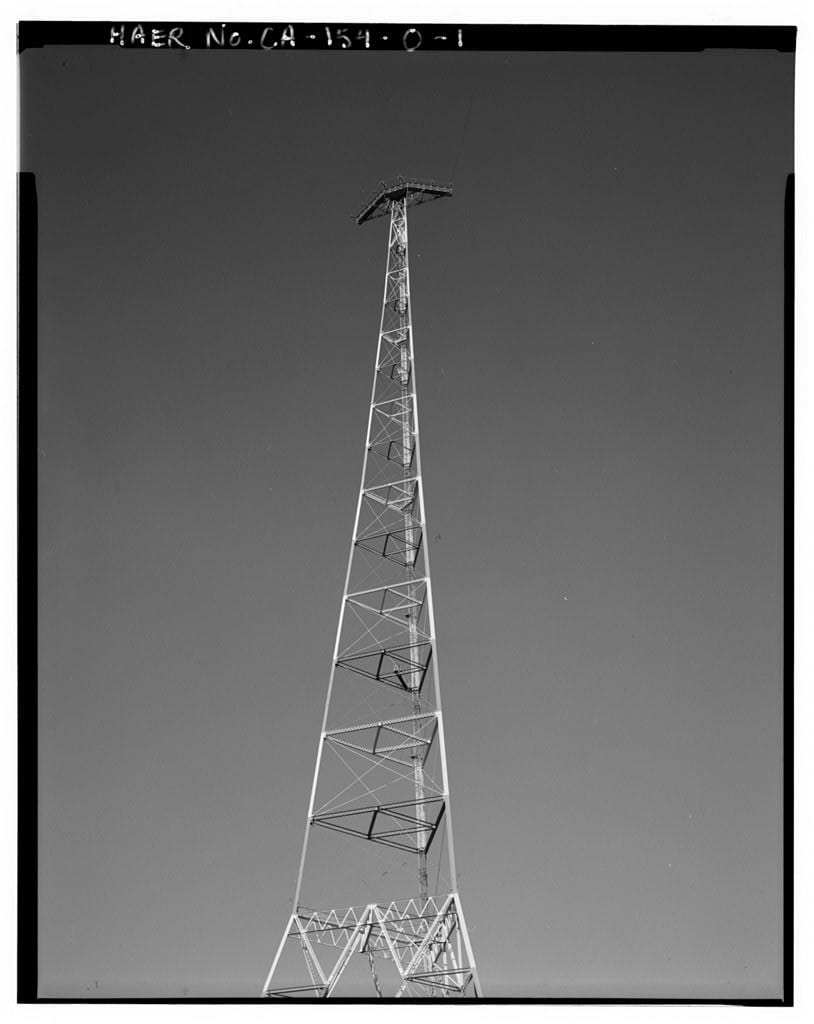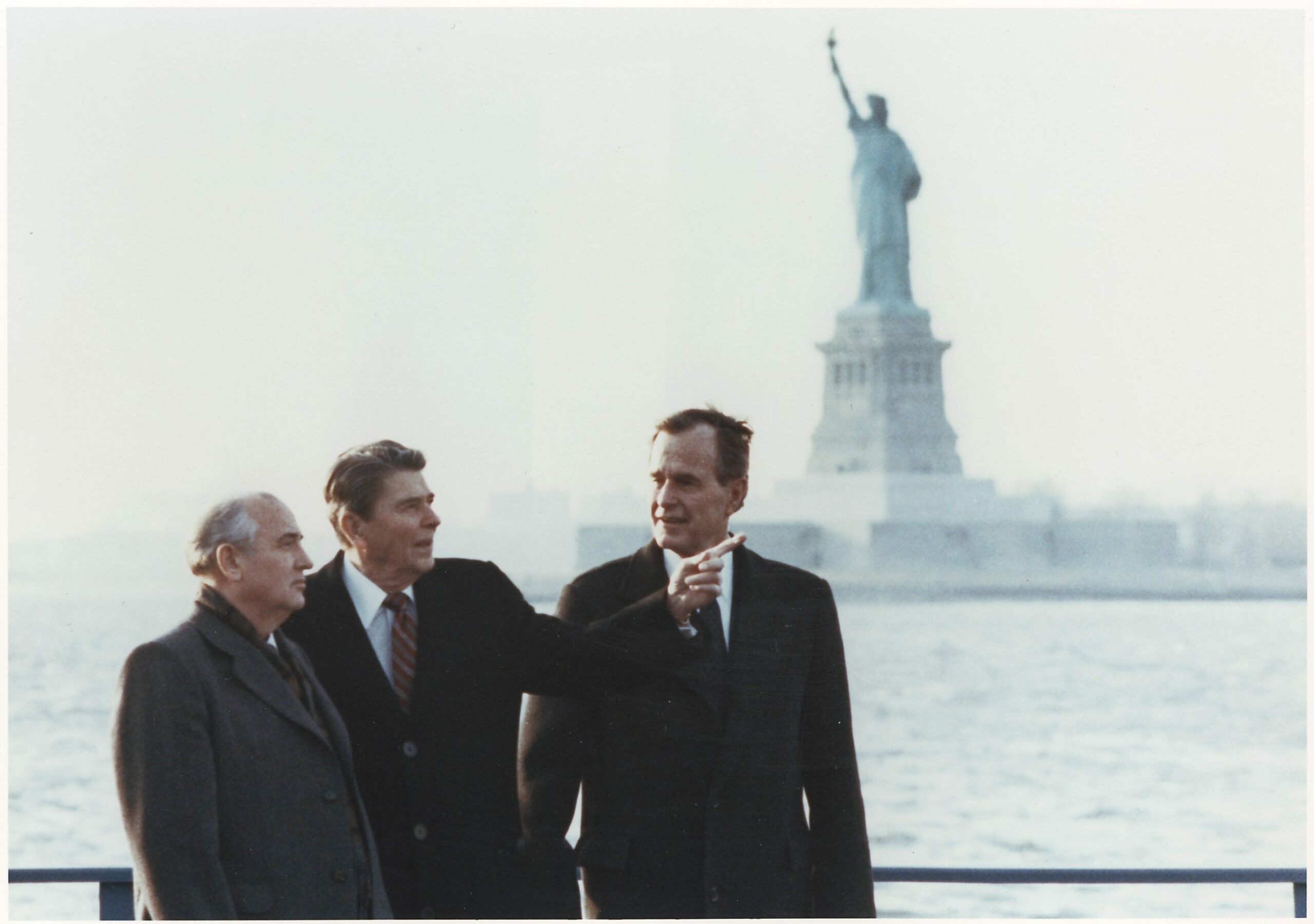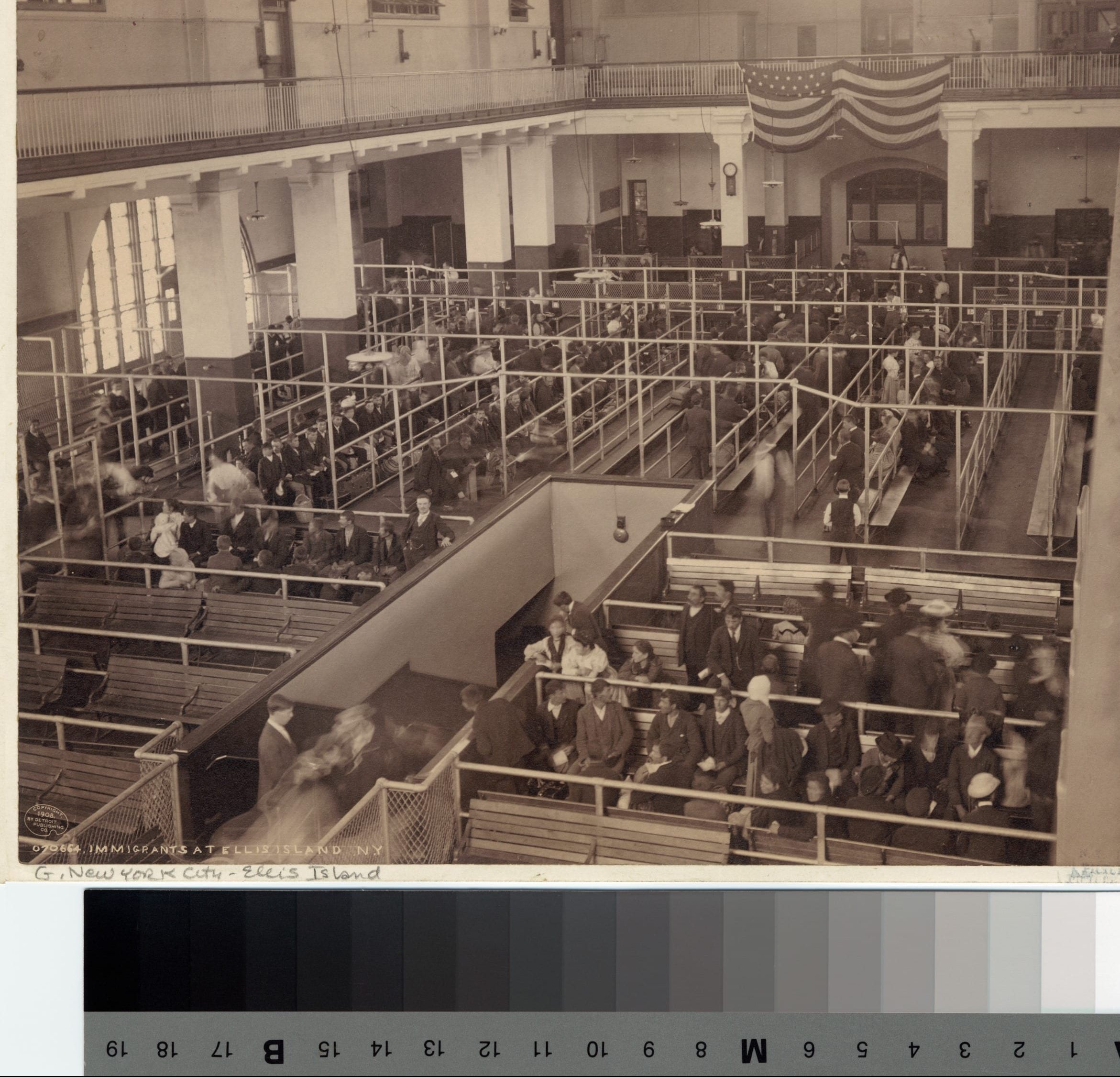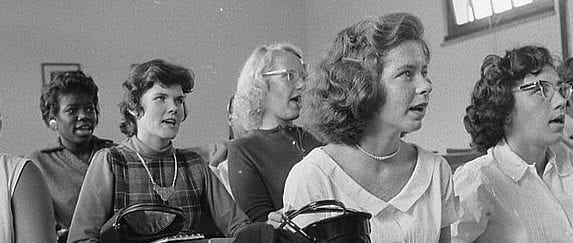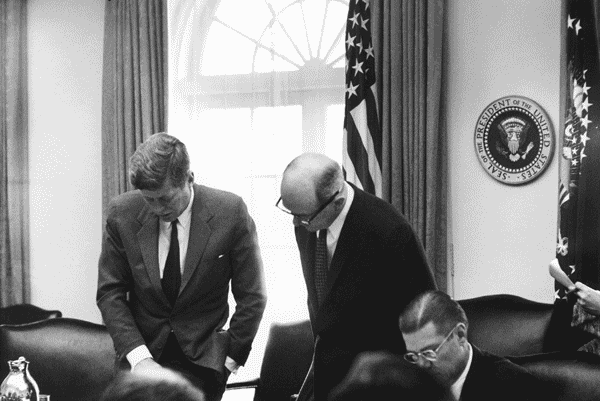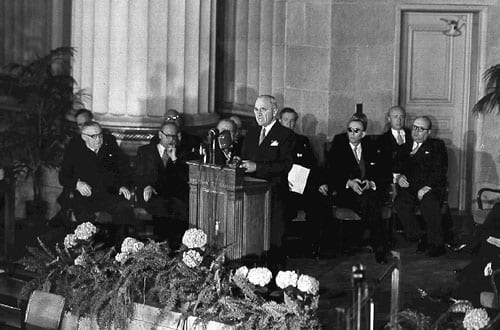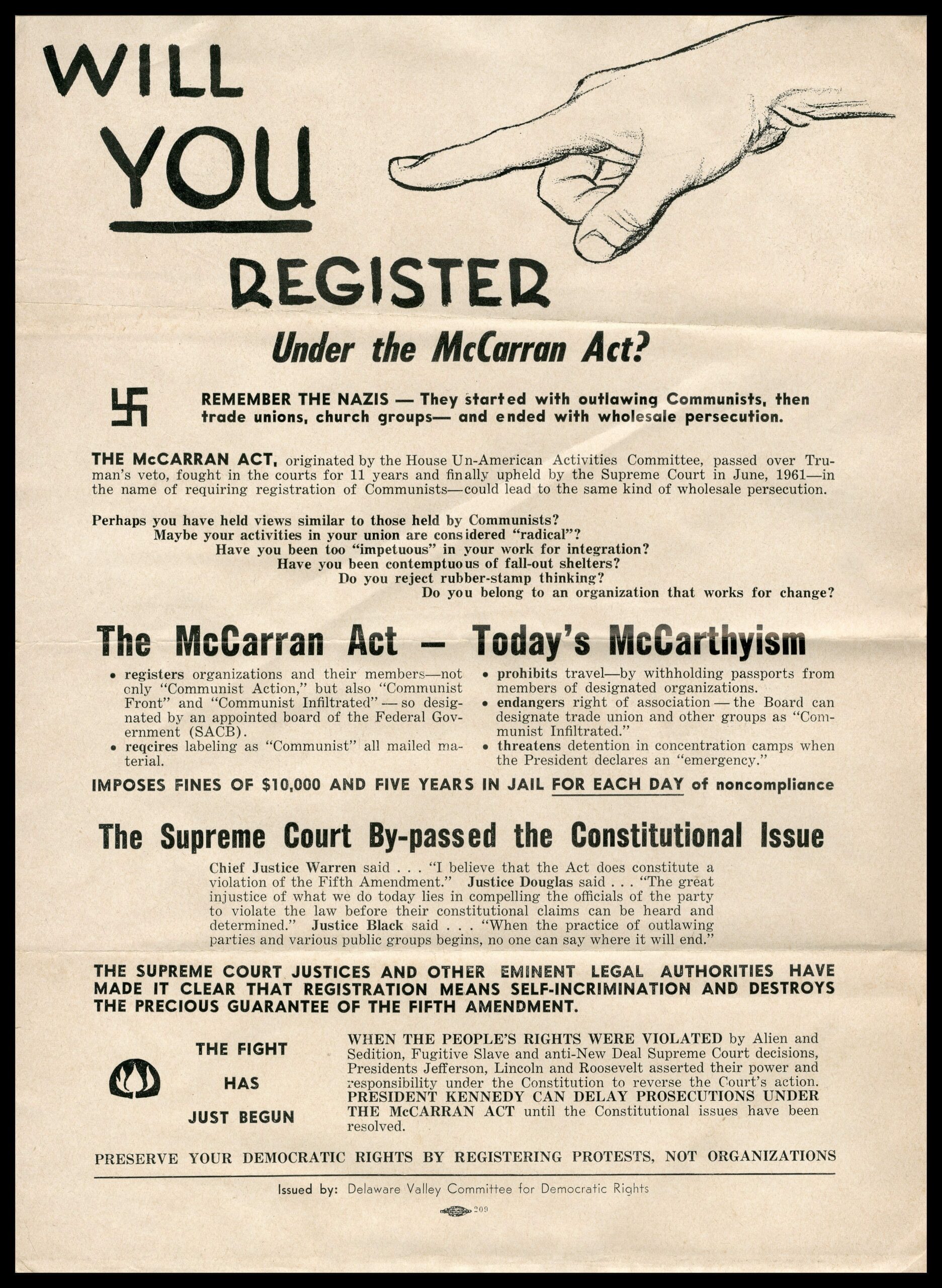


No related resources
Introduction
The 1968 presidential election was a disaster for the Democrats, largely as a result of their nomination process. In an unusual turn of events, Senator Hubert H. Humphrey (1911–1978) won the nomination without having entered any of the primaries. Humphrey garnered all his support from unpledged delegates—delegates who were not directed to vote for a particular candidate through the primary process. This disregard for the decision of rank-and-file party members led to calls for reform. The disarray and violence that occurred at the convention when student protest groups on the streets outside the convention hall clashed with police amplified those calls for change. The Democratic Party emerged badly divided.
To prevent the events of 1968 from happening again, the Democrats established the Commission on Party Structure and Delegate Selection, informally known as the McGovern-Fraser Commission after Senator George McGovern (1922–2012) and Representative Donald M. Fraser (1924–2019), its two chairmen. The purpose of the commission was to design rules intended to broaden participation in the Democratic primary process. In particular, the new rules emphasized the need for broader representation of traditionally minority groups and groups that had been shut out of the convention process. The rules decided by the commission went into effect for the 1972 primary season.
The excerpts below are from the commission’s report, “Mandate for Reform.” In order to comply with the commission’s guidelines for a more open selection of delegates to nominating conventions, many states opted to use primaries to choose delegates. This change affected the nominating process of both the Democratic and Republican parties, because elections are set by state laws that apply to both parties. The long-term result of adopting the commission’s guidelines was to weaken party control of the presidential nomination process. This in turn contributed to the ongoing decline of party influence, with serious consequences for the character and stability of American politics.
Source: Congressional Record, vol. 117, pt. 25 (September 20, 1971, to September 27, 1971), Extension of Remarks September 22, 1971, 32909–32910, 32915–32917, available at https://www.gpo.gov/fdsys/pkg/GPO-CRECB-1971-pt25/content-detail.html.
. . .As I travel around the country, I find that there is a great deal of interest in the reform of the Democratic Party and just how the party will differ from 1968.1 I am proud to have been the chairman of the Commission on Party Structure and Delegate Selection to the Democratic National Committee, which laid down the guidelines for the political reform of the party, and am now pleased to serve the present chairman, Representative Donald M. Fraser,2 in attempting to see that these guidelines will be implemented to the greatest possible extent. I firmly believe that the 1972 Democratic Convention will be the most open political convention in American history, if people across the country dedicate themselves to the full and fair implementation of the guidelines contained in the commission report.
The 1968 Democratic National Convention in Chicago exposed profound flaws in the presidential nominating process; but in so doing it gave our party an excellent opportunity to reform its ways and to prepare for the problems of a new decade. The delegates to the convention, concerned by the chaos and divisiveness [at the 1968 Democratic Convention], shared a belief that the image of an organization impervious to the will of its rank and file threatened the future of the party. Therefore, they took up the challenge of reform with a mandate requiring state parties to give “all Democratic voters. . . a full, meaningful, and timely opportunity to participate” in the selection of delegates, and, thereby, in the decisions of the convention itself. In order to ensure that this mandate would be implemented, the convention directed the Democratic National Committee to establish a commission to aid state parties in meeting the convention requirement. . . .
Since its inception, our party has been an open party—open to new ideas and new people. From the days of Jefferson and Jackson, the Democratic Party has been committed to the broad participation of rank-and-file members in all of its major decision-making. In the American two-party system, no decision is more important to the rank-and-file member than the choice of the party’s presidential nominee. For this reason, popular control over the nominating process has been a principle of the Democratic Party since the birth of the national convention 140 years ago.
This tradition for participation and popular control, however, has not always been adequately expressed. After a lengthy examination of the structures and processes used to select delegates to the national convention in 1968, this is our basic conclusion: meaningful participation of Democratic voters in the choice of their presidential nominee was often difficult or costly, sometimes completely illusory, and, in not a few instances, impossible.
Among the findings the commission has made about delegate selection in 1968 are the following:
In at least twenty states, there were no (or inadequate) rules for the selection of convention delegates, leaving the entire process to the discretion of a handful of party leaders. . . .
More than a third of the convention delegates had, in effect, already been selected prior to 1968—before either the major issues or the possible presidential candidates were known. By the time President Johnson announced his withdrawal from the nominating contest, the delegate selection process had begun in all but twelve states.
Unrestrained use or application of majority rule was the cause of much strain among Democrats in 1968. The imposition of the unit rule3 from the first to final stage of the nominating process, the enforcement of binding instructions on delegates, and favorite-son candidacies were all devices used to force Democrats to vote against their stated presidential preferences. Additionally, in primary, convention, and committee systems, majorities used their numerical superiority to deny delegate representation to the supporters of minority presidential candidates. . . .
Representation of blacks, women, and youth at the convention was substantially below the proportion of each group in the population. . . .
As this information emerged, we recognized that two alternative courses of action were available to us. First, we could suggest that the institution of the national convention had outlived its usefulness and should be discarded. To be sure, at our public hearings several Democrats gave testimony expressing the judgment that the convention system did not deserve to be saved. There was a substantial body of feeling, in fact, that a national primary within each party would be the most democratic means of selecting presidential candidates.
Second, we could conclude that there was nothing inherently undemocratic about a national convention; that 1968 was a culmination of years of indifference to the nominating process, rather than a startling aberration from previous years; that purged of its structural and procedural inadequacies, the national convention was an institution well worth preserving. The commission has taken this second course. The following are some of our reasons:
In view of the stringent demands made upon a president of the United States, the challenge imposed upon any contender for the nomination in seeking support in a wide variety of delegate selection systems should be maintained.
The face-to-face confrontation of Democrats of every persuasion in a periodic mass meeting is productive of healthy debate, important policy decisions (usually in the form of platform planks),4 reconciliation of differences, and realistic preparation for the fall presidential campaign.
The convention provides a mechanism for party self-government through the election and instruction of a national committee. While endorsing the institution, the commission believes that if delegates are not chosen in a democratic manner, the national convention cannot perform its functions adequately. In order to ensure the democratic selection of delegates, the commission has adopted eighteen guidelines binding on all state [Democratic] parties.
These Guidelines represent the commission’s interpretation of its mandate to ensure that all Democrats are provided a full, meaningful, and timely opportunity to participate in the delegate selection process. To this end, the requirements and recommendations of the guidelines are directed toward the elimination or regulation of:
(a) Rules or practices which inhibit access to the delegate selection process—items which compromise full and meaningful participation by inhibiting or preventing a Democrat from exercising his influence in the delegate selection process;
(b) Rules or practices which dilute the influence of a Democrat in the delegate selection process, after he has exercised all available resources to effect such influence;
(c) Rules and practices which have the combined effect of inhibiting access and diluting influence. The commission believes that there is no one selection system ideal for all states. Therefore, we did not find it desirable to lay down uniform rules for delegate selection in the guidelines. Instead, we have adopted certain minimum standards of fairness, that all states are expected to meet. . . .
The Guidelines
A-1. Discrimination on the basis of race, color, creed, or national origin
The 1964 Democratic National Convention adopted a resolution which conditioned the seating of delegations at future conventions on the assurance that discrimination in any state party affairs on the grounds of race, color, creed, or national origin did not occur. . . .In 1966, the Special Equal Rights Committee, which had been created in 1964, adopted six. . . antidiscrimination standards—designated as the “six basic elements”—for the state parties to meet. . . .These actions demonstrate the intention of the Democratic Party to ensure a full opportunity for all minority group members to participate in the delegate selection process.
A-2. Discrimination on the basis of age or sex
The commission believes that discrimination on the grounds of age or sex is inconsistent with full and meaningful opportunity to participate in the delegate selection process. Therefore, the commission requires state parties to eliminate all vestiges of discrimination on these grounds. Furthermore, the commission requires state parties to overcome the effects of past discrimination by affirmative steps to encourage representation on the national delegation of young people . . . and women in reasonable relationship to their presence in the population of the state. . . .
A-5. Existence of party rules
In order for rank-and-file Democrats to have a full and meaningful opportunity to participate in the delegate selection process, they must have access to the substantive and procedural rules which govern the process. In some states the process is not regulated by law or rule, but by resolution of the state committee and by tradition. In other states, the rules exist, but generally are inaccessible. In still others, rules and laws regulate only the formal aspects of the selection process (e.g., date and place of the state convention) and leave to party resolution or tradition the more substantive matters (e.g., intrastate apportionment of votes; rotation of alternates; nomination of delegates).
The commission believes that any of these arrangements is inconsistent with the spirit of the Call in that they permit excessive discretion on the part of party officials, which may be used to deny or limit full and meaningful opportunity to participate. Therefore, the commission requires state parties to adopt and make available readily accessible statewide party rules and statutes which prescribe the state’s delegate selection process with sufficient details and clarity. . . .
B-2. Clarity of purpose
An opportunity for full participation in the delegate selection process is not meaningful unless each party member can clearly express his preference for candidates for delegates to the national convention, or for those who will select such delegates. In many states, a party member who wishes to affect the selection of the delegates must do so by voting for delegates or party officials who will engage in many activities unrelated to the delegate selection process.
Whenever other party business is mixed, without differentiation, with the delegate selection process, the commission requires state parties to make it clear to voters how they are participating in a process that will nominate their party’s candidate for president. Furthermore, in states which employ a convention or committee system; the commission requires state parties to clearly designate the delegate selection procedures as distinct from other party business. . . .
B-6. Adequate representation of minority views on presidential candidates at each stage in the delegate selection process
The commission believes that a full and meaningful opportunity to participate in the delegate selection process is precluded unless the presidential preference of each Democrat is fairly represented at all levels of the process. Therefore, the commission urges each state party to adopt procedures which will provide fair representation of minority views on presidential candidates and recommends that the 1972 convention adopt a rule requiring state parties to provide for the representation of minority views to the highest level of the nominating process.
The commission believes that there are at least two different methods by which a state party can provide for such representation. First, in at-large elections it can divide delegate votes among presidential candidates in proportion to their demonstrated strength. Second, it can choose delegates from fairly apportioned districts no larger than congressional districts. . . .
C-4. Premature delegate selection (timeliness)
The 1968 convention adopted language adding to the Call to the 1972 convention the requirement that the delegate selection process much begin within the calendar year of the convention. In many states, governors, state chairmen, state, district, and county committees who are chosen before the calendar year of the convention, select—or choose agents to select—the delegates. These practices are inconsistent with the Call.
The commission believes that the 1968 convention intended to prohibit any untimely procedures which have any direct bearing on the process by which national convention delegates are selected. The process by which delegates are nominated is such a procedure. Therefore, the commission requires state parties to prohibit any practices by which official elected or appointed before the calendar year choose nominating committees or propose or endorse a slate of delegates—even when the possibility for a challenge to such slate or committee is provided.
When state law controls, the commission requires state parties to make all feasible efforts to repeal, amend, or modify such laws to accomplish the stated purposes. . . .
- 1. In this part of the report Senator George McGovern introduced the commission’s findings.
- 2. Donald M. Fraser (1924–2019) was a Democratic politician from Minnesota.
- 3. The unit rule required that an entire state delegation cast all its votes according to the decision of the majority of its delegates.
- 4. The party platform adopted at the national convention is supposed to state the principles the party will advocate in the upcoming election. Each element of the platform is called a plank.

Conversation-based seminars for collegial PD, one-day and multi-day seminars, graduate credit seminars (MA degree), online and in-person.

